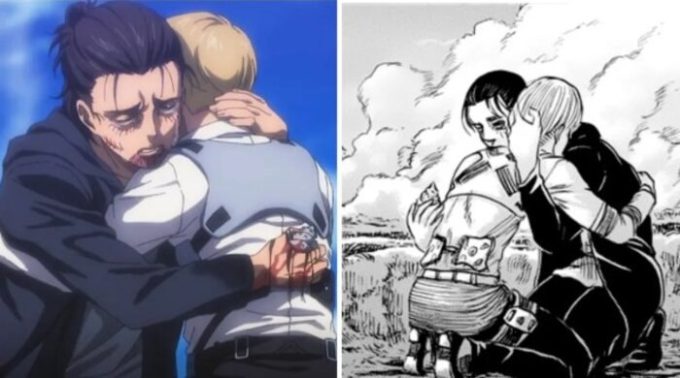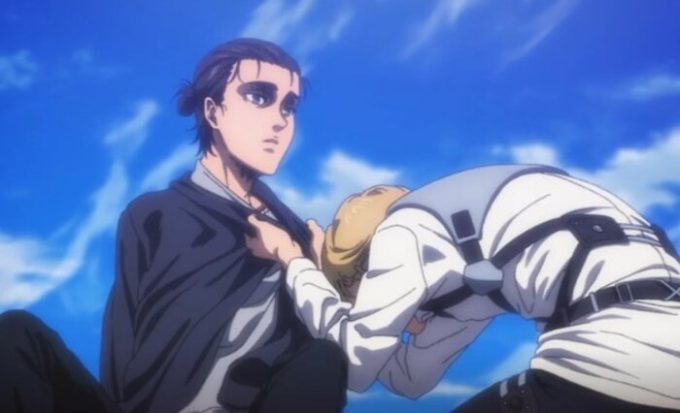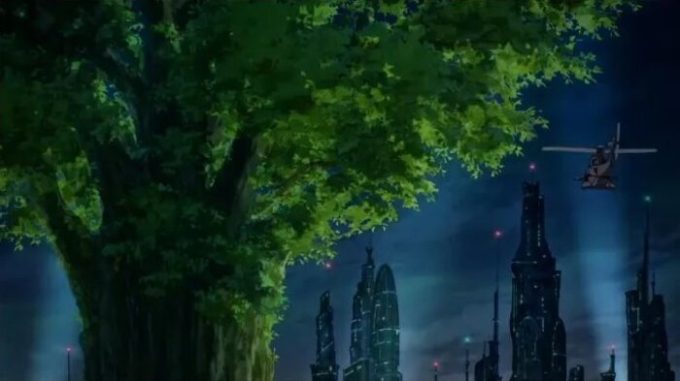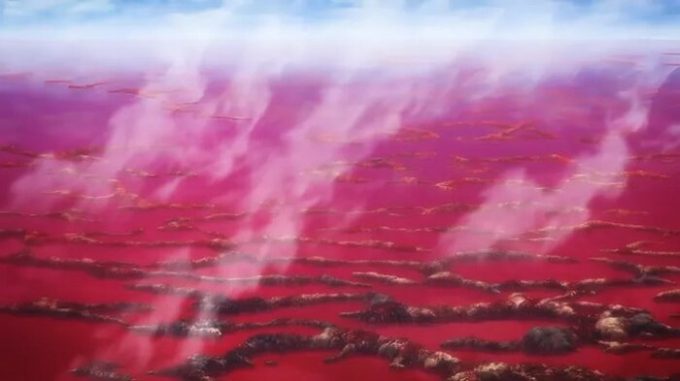The conclusion of Attack on Titan has left fans contemplating the difficult choices and tragic fate of the main character, Eren Yeager. Ultimately, the line between hero and villain has been blurred beyond recognition.

The Differences Between the Anime and Manga Endings
In the final episode of the anime Attack on Titan, Eren reveals the reason behind the events that have unfolded. It turns out he must embrace his role as a villain, while transforming the people of Paradis into heroes, reflecting the complexities of the world. Each event is a step in Eren’s overarching plan to free Ymir Fritz from the shackles of a haunting love.
However, Eren’s confession carries a sense of manipulation, particularly concerning Mikasa, as the ending ultimately depends on her decision. Reluctantly, Eren finds himself in a situation that demands he accept his fate while wishing to survive. All of this contributes to the character’s complexity, making him both compelling and difficult to endure.

Armin’s confrontation with Eren raises questions about his actions, particularly regarding why Eren must initiate The Rumbling to eliminate 80% of humanity. Eren candidly admits that it is an unavoidable outcome, regardless of the different ways the story could have concluded. Armin’s response to Eren’s stark declaration is a clash between despair and hope, leaving viewers with a poignant farewell.
In the final episodes of the anime, we see a version of Eren that differs significantly from the manga. He appears more human, bearing deeper emotional wounds. Eren’s interactions with Armin create a tension that contrasts with his character in the manga. His acknowledgment of guilt and reluctance to accept sacrifice is exchanged for more emotionally charged explanations.
Eren’s impending demise leads to the end of the Titans, providing liberation for those of Eldian blood, who have been restored to ordinary humanity, no longer regarded as the descendants of evil.
However, this newfound peace is overshadowed by the immense suffering that has accumulated over the years. On the surface, the story offers a semblance of resolution, but the lingering hope in Armin’s words echoes the harsh reality of the past.
While there are several changes in the anime’s conclusion, it remains faithful to the source material. The portrayal of Armin’s character alongside Eren’s grim journey and the shared responsibility between them has become one of the most debated aspects of the story’s ending.
The Prolonged Conflict: An Uncertain Future for Paradis
The final segment of the anime Attack on Titan reveals a future that is both bleak and hopeful. Initially, we see a Paradis rebuilt and thriving, contrary to the grim prospects depicted in the manga. This time jump also reflects the cyclical nature of human conflict. Over time, Paradis has seemingly returned to a state of ruin.

Ultimately, Eren and Armin’s legacy, war, and violence will continue to resonate in the future of humanity, echoing through the generations.
The symbolic discovery of the child hidden beneath the branches of Eren’s tree serves as a poignant reminder of the Titans’ potential return. This evokes a sense of a new beginning or perhaps the start of a new chapter in the ongoing conflict.
A Heartbreaking Palette of Blood
The final confrontation between Eren and Armin is depicted in a visually striking manner in the anime. There are significant changes in the portrayal of their relationship. The blood from Eren’s wounds doesn’t just paint a river of sorrow; it also serves as a profound commentary on the deep anguish faced by the main characters. The transition of colors (from gray, red, to warmth) creates a new layer of meaning for the bittersweet farewell of their friendships.

In those final moments, a subtle change in tone redefines the narrative and the interactions of the characters, suggesting a new beginning compared to the manga. The scenes of Gabi and Falco standing in the ruins symbolize hope and continuity, while the bittersweet conclusion serves as a lingering reminder of the emotional weight carried throughout the story.
In summary, Attack on Titan has concluded its narrative with a grandeur that marks the beginning of its tale. However, the changes to the anime’s conclusion not only celebrate the original work but also infuse it with enduring emotional tones that resonate with fans long after the final episode. This serves as a fitting end to the profound journey of the story, leaving behind a bittersweet note that will remain a topic of discussion among anime enthusiasts.




















